Halitosis ( Bad Breath)
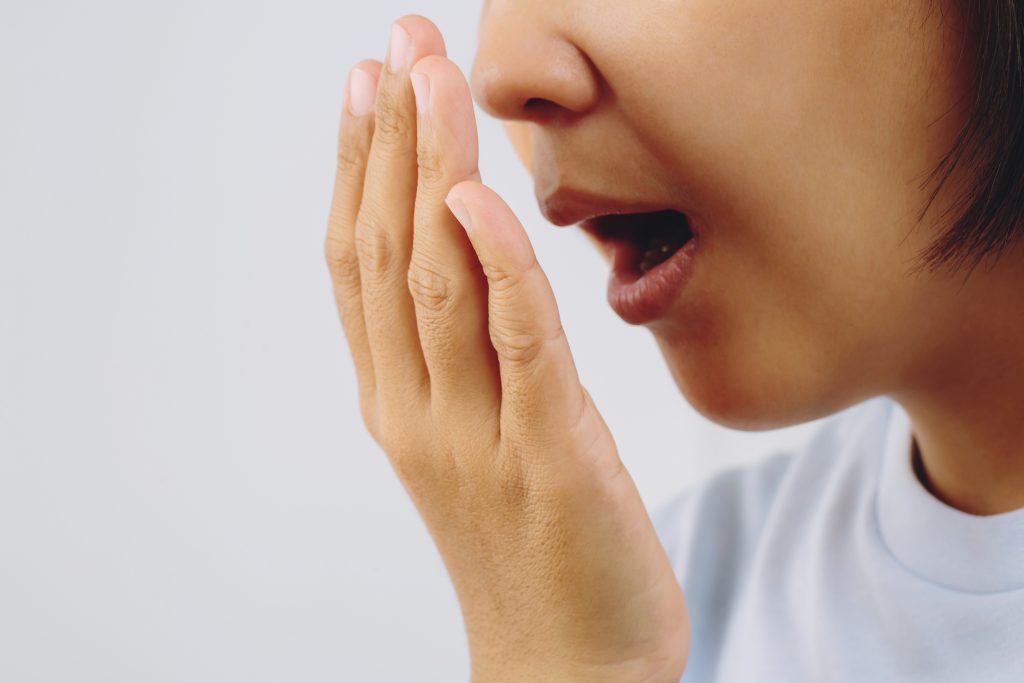
Halitosis(malodor)
What is Halitosis
It is a medical term for bad breath that originated from the Latin word Halitus which means breath, and osis in Greek means an abnormal condition,
It should also be understood that morning breath malodor is not halitosis, morning oral malodor is very common, and it happens because of low salivary flow (salivary stagnation). Or probably resulting from increased microbial metabolic activity during sleep and this condition goes away usually after toothbrush or rinsing mouth,
Because halitosis is an abnormal condition, people tend to complain and find solutions to get rid of bad breath, and they will first run to the dentist for an answer. In this article, you will know that sometimes people may have malodor(rotten smell) because of other systemic diseases;
for example, ammonia scent may indicate kidney problems, so we advise people to seek a dental check-up if they have halitosis to get proper treatment.
NOTE: Some people are not suffering from halitosis but have psychological malodor, you will notice when they talk they try to hide their mouth or keep a distance while talking, these kinds of people needs reassurance from a dentist or close friend and if not helpful then better to sick advice from a psychologist
Causes of Bad breath (Halitosis)
there are many causes of halitosis, the following are few among many causes
1 Poor Oral Hygiene
You are supposed to clean your teeth properly and more often; it is advised to brush after every meal and also before you go to bed,
If you don’t brush your teeth properly, the food particles are trapped around your teeth( interdental area, flaps); which allows oral microorganisms ( particularly Gram-negative anaerobes. )to be the source of Oral malodor,
2 Oral Infections(carious lesions, Stomatotitis, Glossitis, Gingival and periodontal diseases, Oral sores)
3 Dentures and Orthodontic appliances
4 Medications
5 Dry mouth, which inhibits the ability to wash away food debris from teeth
6 Systemic Infections ( Nose, throat Infections, digestive diseases)
How to diagnose Bad Breath (Halitosis)
A Dentist can do a clinical observation and discuss with you the possible cause of halitosis and the treatment; the other way to know if you have halitosis is through a good friend or family member who are willing to tell you if your mouth is giving bad breath ( some friends or member might be afraid of telling you because they are afraid you might get offended, but the truth is better to be told if you really care for your friend or family member or your partner.
How to treat Halitosis
1 If the cause is because of poor oral hygiene, periodontal diseases, or caries, this condition must be treated first and instruct the patient about oral hygiene, regular brushing of teeth and tongue(at least twice a day)
2 If it is because of a denture, instruct the proper patient way of cleaning the denture, and for orthodontic appliances patient should also be instructed well on how to brush and use interdental brushes and flossing
3 In severe and chronic malodor, systemic metronidazole 500 mg every 12 hours for 8-12 days followed by oxygen-releasing mouthwashes twice daily for one month and then daily for one more month; my experience, the best therapeutic regimen. The malodor usually disappears in a day or two, and the local mouth- wash stabilizes the excellent result.
4You may also Use Chlorhexidine gluconate 0.2% mouthwash two to three times daily for several weeks may temporarily improve the condition. However, the bitter taste and subsequent discoloration of teeth preclude long-term usage.
5 Types of mouthwash with cetylpyridinium chloride, benzethonium chloride, zinc ions, phenolic oils, two-phase oil, and water mouth rinses, and several other local approaches to treatment either alone or in combination have been proposed for the treatment of oral malodor
How to Prevent Halitosis
1 Adhere to oral hygiene and clean your teeth and tough regularly, and go for an oral check-up at least twice a year
2 avoid smoking
3 drink enough water


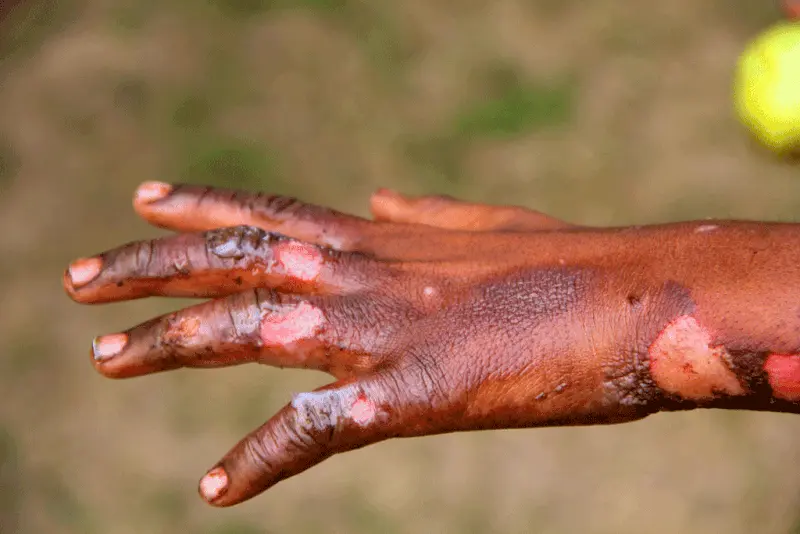
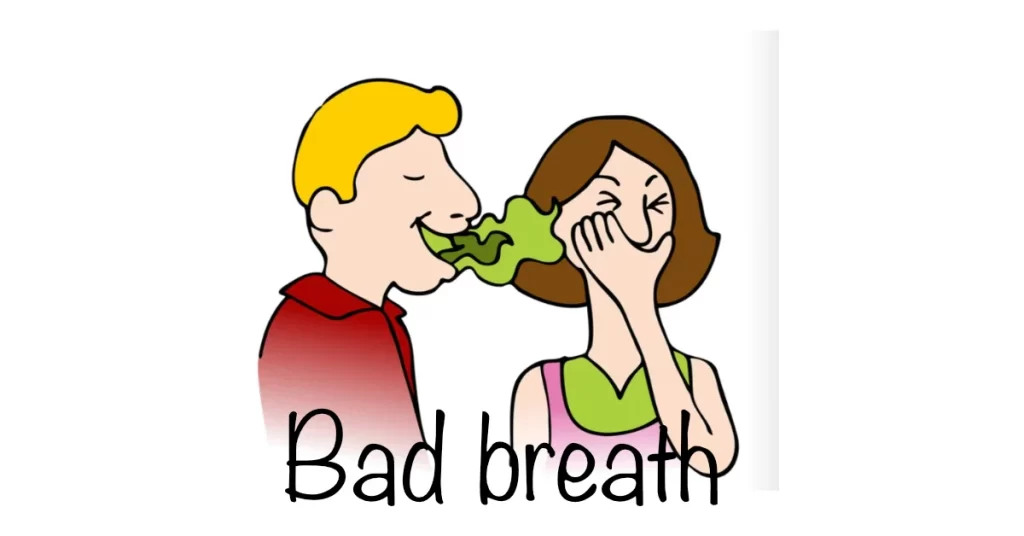
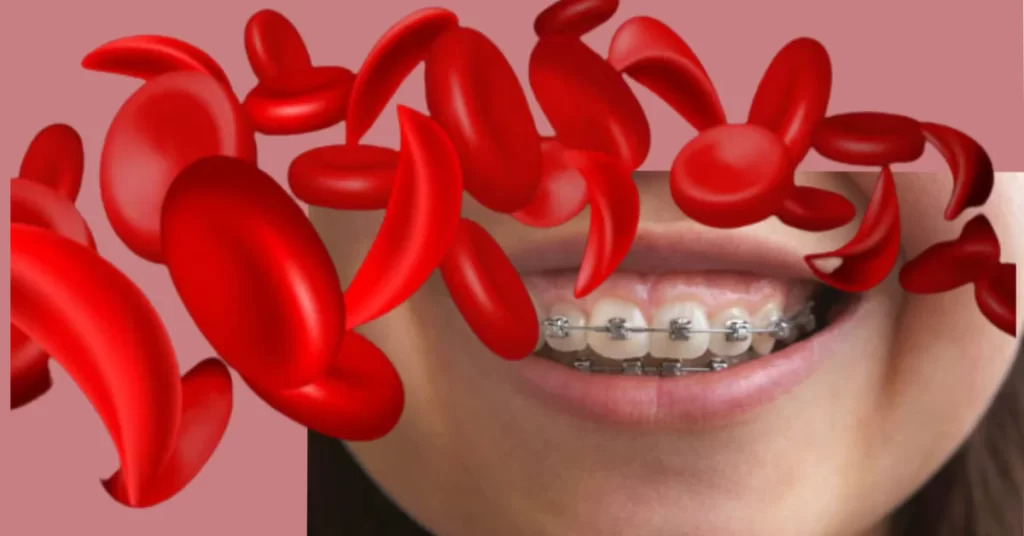
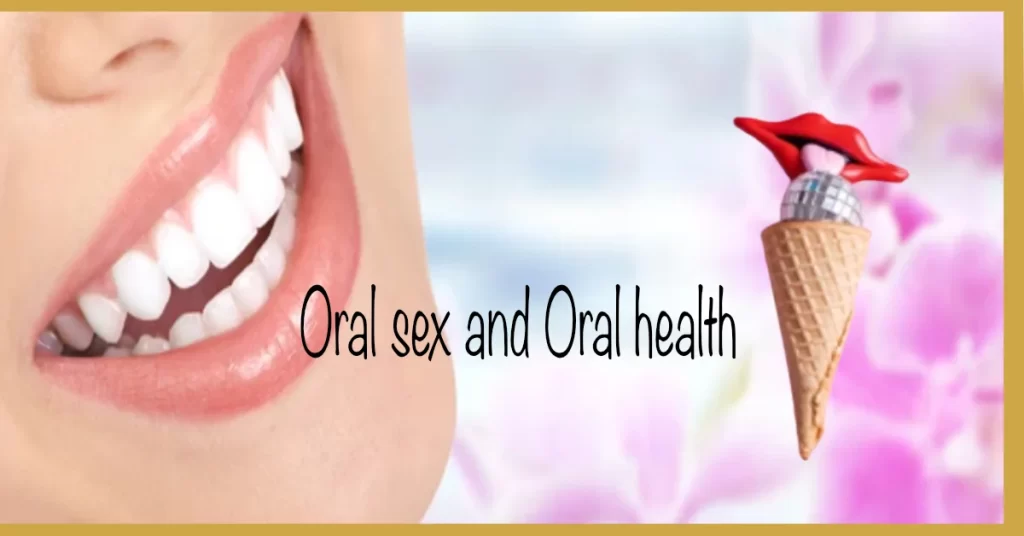
Responses